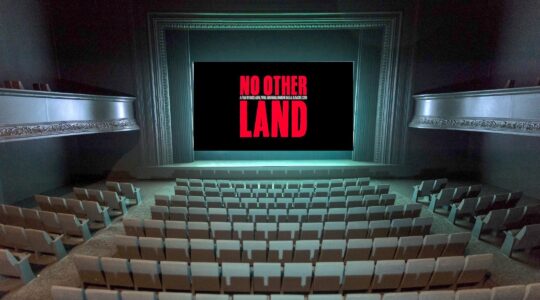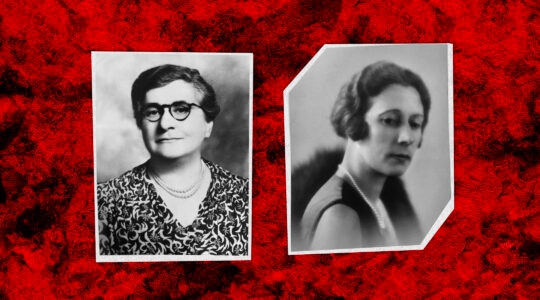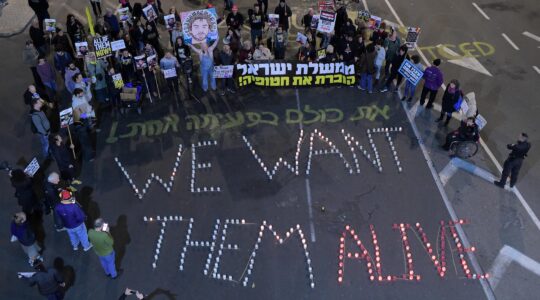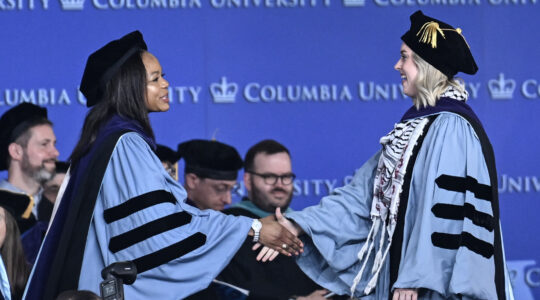“Islam is a religion of peace.”
That was the motion of a fascinating, highly charged debate last Wednesday night at NYUs Skirball Hall sponsored by Intelligence Squared, whose series of topical debates with experts in the field are always timely, lively and thought-provoking.
While the sentiment of the large audience at NYU was somewhere between liberal and confused going in – 41 percent favored the motion, 25 percent opposed and 34 percent were undecided, in an electronic tally taken at the outset – it seems clear that most of the undecideds came away swayed by the arguments of Ayaan Hirsi Ali, the outspoken Muslim critic of how Islam is practiced, particularly in its treatment of women, and Douglas Murray, a journalist, author and student of Islam who managed to lighten some tense moments with his very British humor.
After the 90-minute debate, the final tally found 55 percent of the audience opposed to the motion, 36 percent in favor and only 9 percent undecided.
I recommend that you listen to the full debate on NPR or watch it on Bloomberg television this week. (Go to www.intelligencesquaredus.org for details)
For now, trust me that each of the four debaters has a fascinating biography. On the For side, young Zeba Khan is a religious Muslim from Toledo, Ohio who attended a Jewish day school for nine years and speaks Hebrew, and Maajid Nawaz, a former Muslim radical, spent 12 years in an Egyptian jail before having a change of heart. He now spends his time in counter-Islamist social activism.
On the Against side, Murray, a best-selling author and journalist who was raised Christian, says his research into the life of Mohammed “made me an atheist.”
Hirsi Ali escaped an arranged marriage in her native Somalia, settled in the Netherlands and served in the Dutch parliament. She received death threats for her public criticism of Islam and now is a resident scholar at the American Enterprise Institute in Washington, DC.
She travels under heavy security, and John Donvan, the ABC-TV reporter who serves as moderator for the series, noted that airport-style security was employed for this debate because of Hirsi Ali’s situation – a sign of the times and metaphor for the evening.
(Though he doesn’t call attention to himself, Donvan is a key to the debate series’ success, combining probing questions and a light touch to keep the proceedings moving. He said this debate was the “most spirited we’ve ever had.”)
All four panelists argued forcefully. And the topic, and points raised and countered, speak to the heart of the issue of whether Islamic militancy is motivated by politics or the religion itself.
The For side insisted that the real Islam has been hijacked by a few militants who give the religion a bad name. They noted that the overwhelming majority of the world’s 1.5 billion Muslims are peace-loving citizens.
The Anti side maintained that the source of Islamic militancy is to be found in the teachings of Mohammed and the Koran and that the leaders of the religion today are the radicals.
“It’s an absurd situation we’re in,” Douglas Murray noted, “where nothing that anyone does whilst being Muslim is any responsibility of Islam.”
Seems like the majority of the audience agreed.
The New York Jewish Week brings you the stories behind the headlines, keeping you connected to Jewish life in New York. Help sustain the reporting you trust by donating today.





